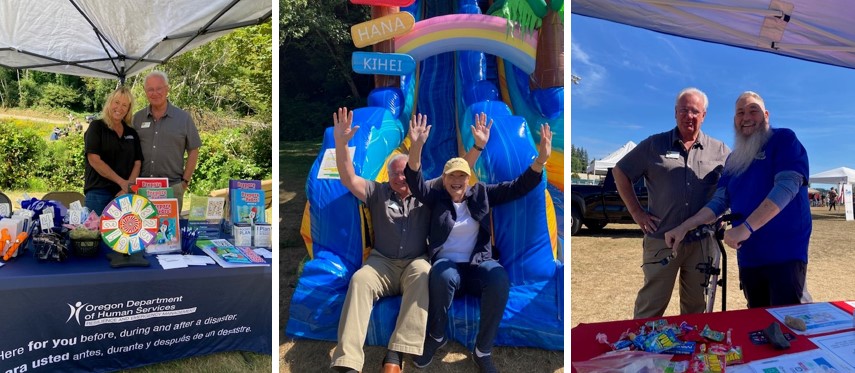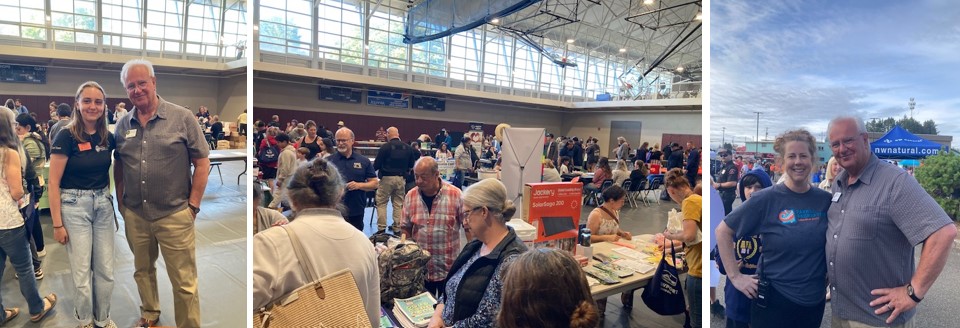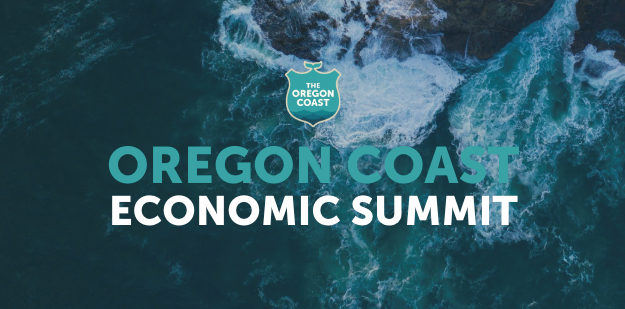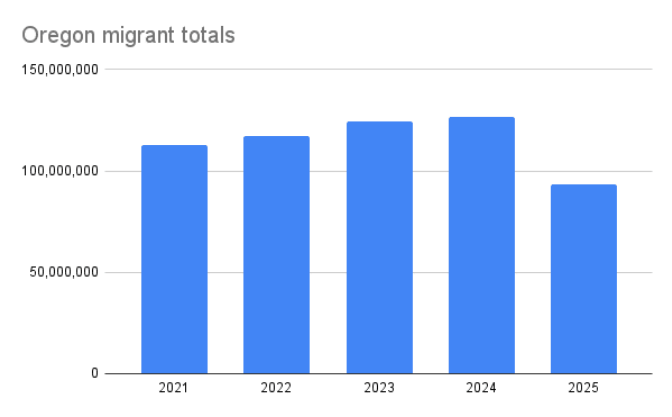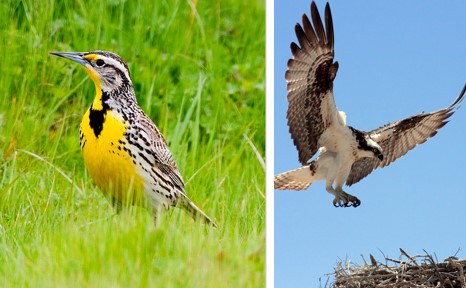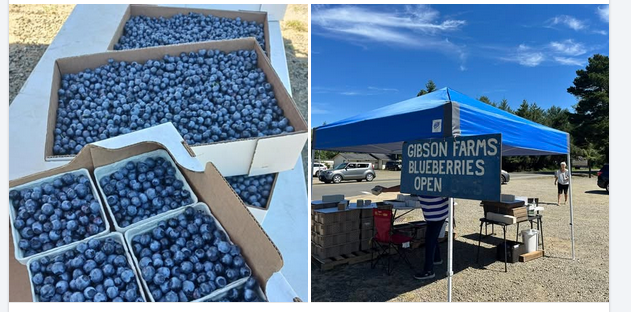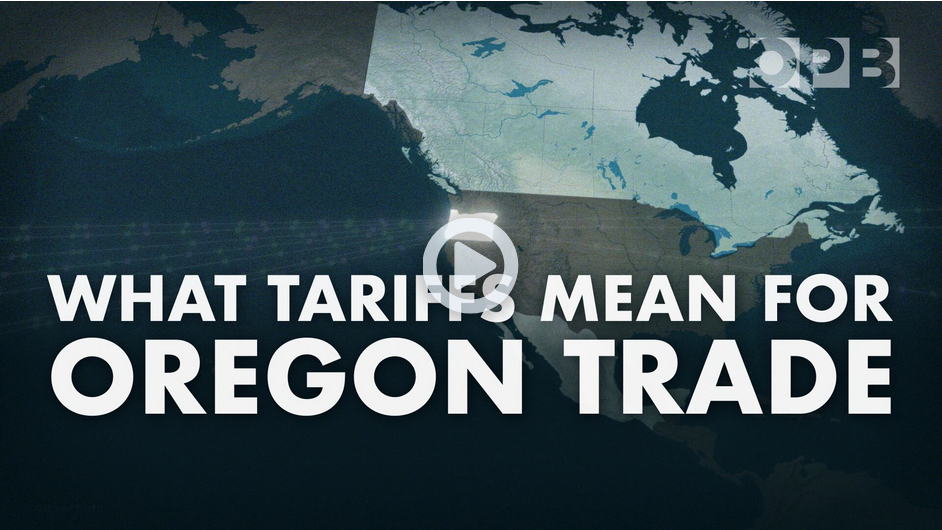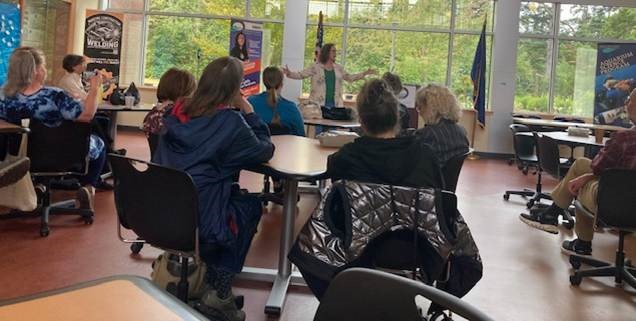| Our district is dotted with small farms and excellent wineries. If you have taken time to stop and pick berries, fresh corn, or sample a glass of Pinot, you are part of Oregon agritourism.
Oregon’s agritourism sector connects the public with farms, ranches, and agricultural experiences, offering a variety of recreational, educational, and leisure activities. It encompasses activities like farm stays, farm-to-table dinners, corn mazes, and direct sales of farm products. This sector provides supplemental income for farms, promotes agricultural education, and strengthens connections between consumers and the source of their food.
But increasingly, the desire to support farms and get people out into the countryside is clashing with our traditional land use regulations. How much development or traffic do we want in our farm use zones?
I was confronted with the local complexity of zoning rules recently when I visited two district wineries. One is allowed to feature a food cart near their tasting room during music events. The other is not. The vineyards are right across the street from each other!
On a statewide basis, this question came to a head this summer. In July, the Oregon Department of Land Conservation and Development released proposed rules changes for farmstand permits, the result of a series of meetings held by a 20-member committee composed of farmers, land-use organizations, and county planners. The proposal, if implemented, would limit various public events and activities on farmland, as well as narrow what could be sold at farm stands.
Land-use conservationists say such changes are necessary to preserve farmland from commercial development, while farmers and other land-use groups say they would threaten the economic survival of small farms. Advocates argued that farmstand regulation is necessary to ensure farmland stays farmland, and does not become primarily non-farm commercial operations with restaurants and grocery stores, and concert venues. Farm owners countered that these auxiliary activities are critical to their economic survival. |


.png)
